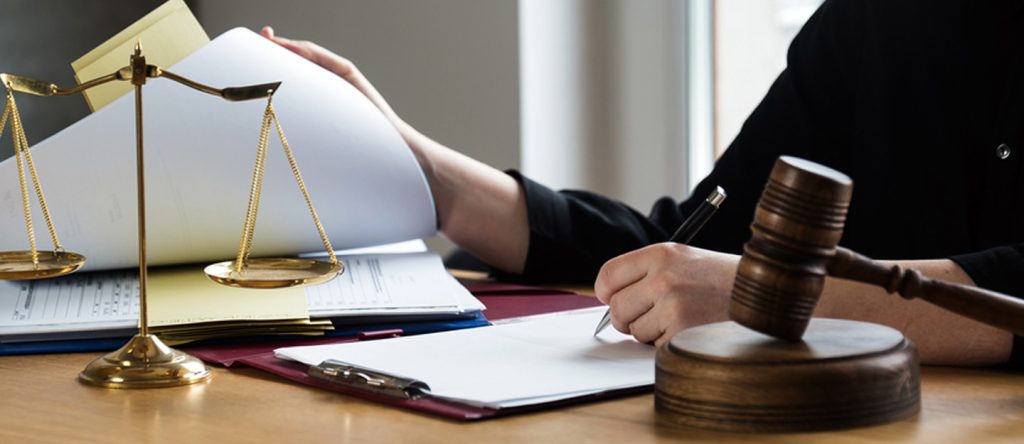Personal injury law is a legal area that encompasses cases where individuals suffer harm or injury due to the negligence, recklessness, or intentional actions of others. At Tawny Andrews, we believe in empowering individuals with knowledge about personal injury law to help them understand their rights and navigate through challenging times.
What Constitutes a Personal Injury Case? Personal injury cases can arise from various incidents, including car accidents, slip and fall accidents, medical malpractice, workplace injuries, and defective product incidents. In each case, the injured party (the plaintiff) may seek compensation for their injuries and other losses from the responsible party (the defendant).
Types of Compensation Available In a personal injury case, compensation, also known as damages, may be awarded to the plaintiff to cover various losses. These losses can include medical expenses, lost wages, pain and suffering, emotional distress, and property damage. The goal of compensation is to help the injured party recover and move forward after the incident.
The Legal Process The legal process in a personal injury case typically involves several key steps. These may include:
- Consultation with an Legal Professional: The first step is often to consult with a personal injury who can assess the case, explain legal options, and provide guidance on how to proceed.
- Investigation and Gathering Evidence: To build a strong case, it’s essential to gather evidence such as medical records, accident reports, witness statements, and photographs of the scene.
- Filing a Claim or Lawsuit: Depending on the circumstances, the legal professional may file a claim with the insurance company or initiate a lawsuit in civil court against the responsible party.
- Negotiation and Settlement: In many cases, parties may engage in negotiations to reach a settlement agreement outside of court. This process involves discussions between the attorneys representing each side to determine fair compensation for the plaintiff.
- Trial (if Necessary): If a settlement cannot be reached, the case may proceed to trial, where a judge or jury will hear arguments from both sides and render a verdict.
- Appeals (if Applicable): In some instances, either party may choose to appeal the court’s decision if they believe legal errors were made during the trial.
Understanding Your Rights One of the most crucial aspects of personal injury law is understanding your rights as an injured party. You have the right to seek legal representation, pursue compensation for your losses, and hold negligent parties accountable for their actions.
At Tawny Andrews, we are committed to helping individuals understand their rights and pursue justice in personal injury cases. If you or a loved one has been injured due to someone else’s negligence, we are here to provide compassionate support and expert legal guidance every step of the way.

